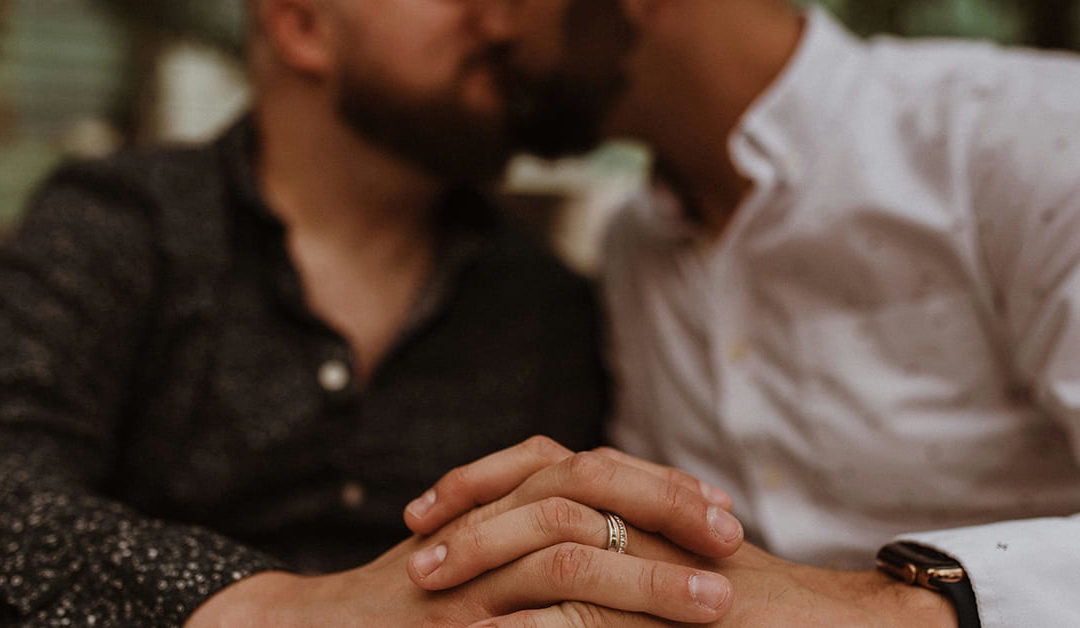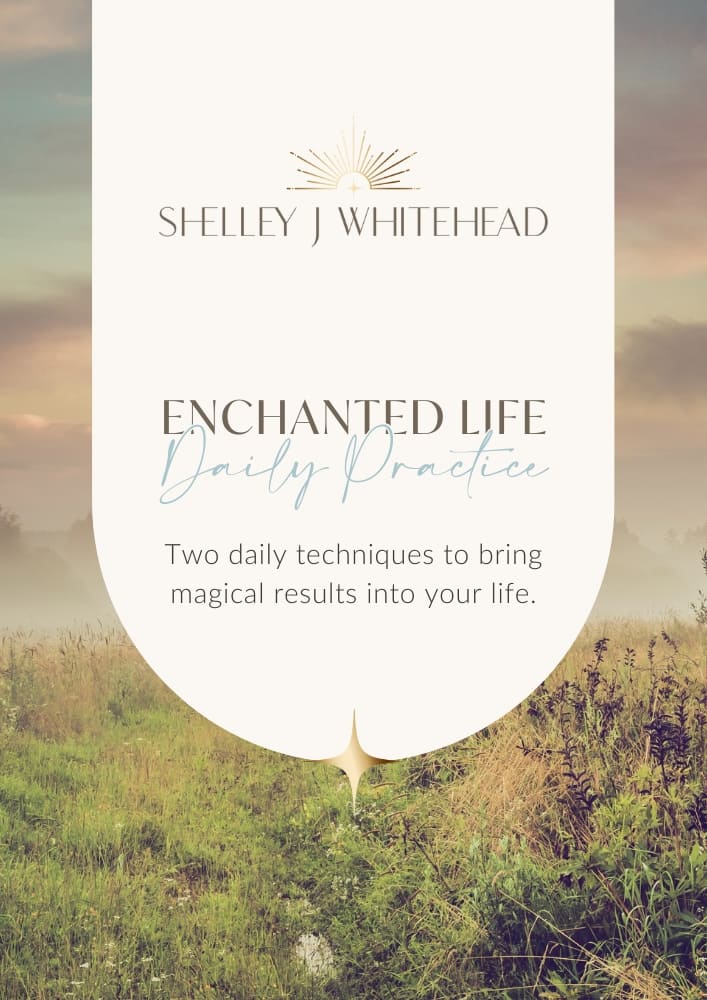How to turn dating triggers into opportunities
Dating can feel like a vulnerable experience, especially when emotional triggers come into play, but these pain points can be turned around into great opportunities.
Triggers are those intense emotional reactions that can surface when we encounter certain situations—like rejection or feelings of abandonment. In my work as a relationship coach, one of the things I often work on with my clients is revisiting these triggers as opportunities to understand yourself better and build relationship skills. With this approach, feelings about the whole dating process can shift dramatically from being purely about the outcome (which is often beyond your control) to focusing on personal growth and resilience.
Here’s a look at some common dating triggers I often come across and how to approach them as learning opportunities:
Rejection: Turning the Sting into Insight
Rejection is one of the most common triggers in dating. When someone doesn’t reciprocate your interest or ends things unexpectedly, it can strike at the core of your self-worth. But rather than viewing this as a ‘rejection’ or a verdict on your desirability, remember that dating is about finding the right ‘fit’ for you. Fit is about compatibility, which can be about life circumstances or about shared values, shared ambitions or interests. A lack of a ‘match’ or reciprocal interest is an indicator that this person is not the right fit for you and will not make you happy.
Instead of seeing this as a judgement, view this as information about the things that piqued your interest. What was it about them that sparked your curiosity? How could you integrate these qualities into your own life?
Judgements of Self-Worth: Quieting the Inner Critic
Dating can bring up deep-seated insecurities, often triggering feelings of not being ‘enough.’ This might manifest as self-criticism over appearance, social skills or career status. When these thoughts arise, they can make you feel unworthy or undeserving of love. Instead of letting these judgements erode your confidence, see them as an invitation to practise self-compassion. Recognising your triggers around self-worth helps you separate the noise of your inner critic from reality. Building this skill enhances your ability to maintain good internal boundaries, protecting your sense of self-worth regardless of external validation.
Social Anxiety: Moving from Fear to Connection
Social anxiety is another common trigger, especially during the early stages of dating. It can manifest as a racing heart before a first date or overthinking and overanalysing every text. Social anxiety can make you feel like you need to be ‘perfect’ to be accepted. But dating is a prime opportunity to practise tolerating discomfort. Each interaction gives you a chance to show up as you are, even if it’s messy or imperfect. The more you confront these moments, the easier it becomes to quiet that anxious voice and to embrace the possibility of genuine connection, which comes from being fully authentic.
Fear of Abandonment: Trusting Yourself Through Uncertainty
Abandonment anxiety can create a cycle of worry in dating, especially if you’ve experienced past relationships ending abruptly. It might cause you to cling tightly or, paradoxically, to push people away to protect yourself. This fear often arises when dating moves toward deeper connection. Yet, this trigger can become a chance to strengthen your sense of trust—not in the other person, but in your own ability to navigate whatever comes your way. Trust that, even if things don’t work out, you’ll have the resilience to handle it. Practising this trust builds your capacity for self-soothing, a key relationship skill that supports emotional independence.
Anxiety Around Identity: Finding Your Authentic Self
Dating often forces you to confront the biggest of existential questions like, “Who am I?” or “What do I want from my life?” , particularly when it comes to writing a dating profile or going on a first date. Anxiety around identity can surface when you feel the pressure to mould yourself to fit someone else’s preferences. But dating can also be a mirror, reflecting back what matters most to you. Instead of conforming to what you think the other person wants, use this trigger to explore your values, your desires and what you genuinely enjoy. Stepping into your full sense of self, even when it feels risky, is a powerful way to build authenticity in all your connections.
Decision-Making Fatigue: Navigating Choices with Clarity
The constant decisions in dating—where to meet, when to text, whether to continue seeing someone—can become overwhelming, leading to decision-making fatigue. This can be especially draining when it feels like every choice carries a heavy weight. But each decision is also an opportunity to practise discernment, the skill of making choices aligned with your true needs. When you make decisions based on clarity rather than fear, you build the confidence to trust your instincts. This skill serves not just in dating but in all aspects of life.
Despair About the Future: Embracing the Journey Over the Destination
It’s easy to feel discouraged when dating doesn’t seem to be leading anywhere, and despair about the future can start to creep in. This trigger can make you focus obsessively on finding the “right” person as soon as possible, leading to a sense of urgency that can be emotionally draining.
Shifting your focus from the end goal to the process can alleviate much of this pressure. Every date, whether it leads to something long-term or not, is a chance to practise being present, to fine-tune your relationship skills, and to learn more about what truly resonates with you.
Shifting the Focus from Outcome to Growth
When you view dating as a space for self-growth rather than just a path to finding a partner, you empower yourself. Instead of clinging to outcomes—like securing a second date or avoiding rejection—you build resilience by focusing on the lessons each experience offers. Embracing the discomfort of triggers, from rejection to social anxiety, allows you to practise the essential skill of emotional regulation. And this skill is not only crucial in romantic relationships but is a foundational part of maintaining good boundaries in all areas of life.
Learning to Tolerate Discomfort: A Skill Worth Cultivating
One of the most valuable relationship skills you can develop is the ability to tolerate discomfort. Discomfort is inevitable in dating, whether it’s the nerves of a first date or the sting of unreciprocated interest. Instead of avoiding these feelings, try leaning into them. Recognise that discomfort is a sign of growth, a stretching of your emotional capacity. Over time, this practice makes you better able to navigate the highs and lows of dating without becoming overwhelmed.
Dating is filled with emotional triggers that can become the foundations of a whole new wave of growth in your life. By seeing these moments as opportunities to deepen your understanding of yourself, you shift from feeling at the mercy of your emotions to taking ownership of your journey.
Dating can be a powerful space for building self-awareness and refining the skills that will serve you in all your relationships. While the outcome may be uncertain, the growth you gain is entirely in your hands.



